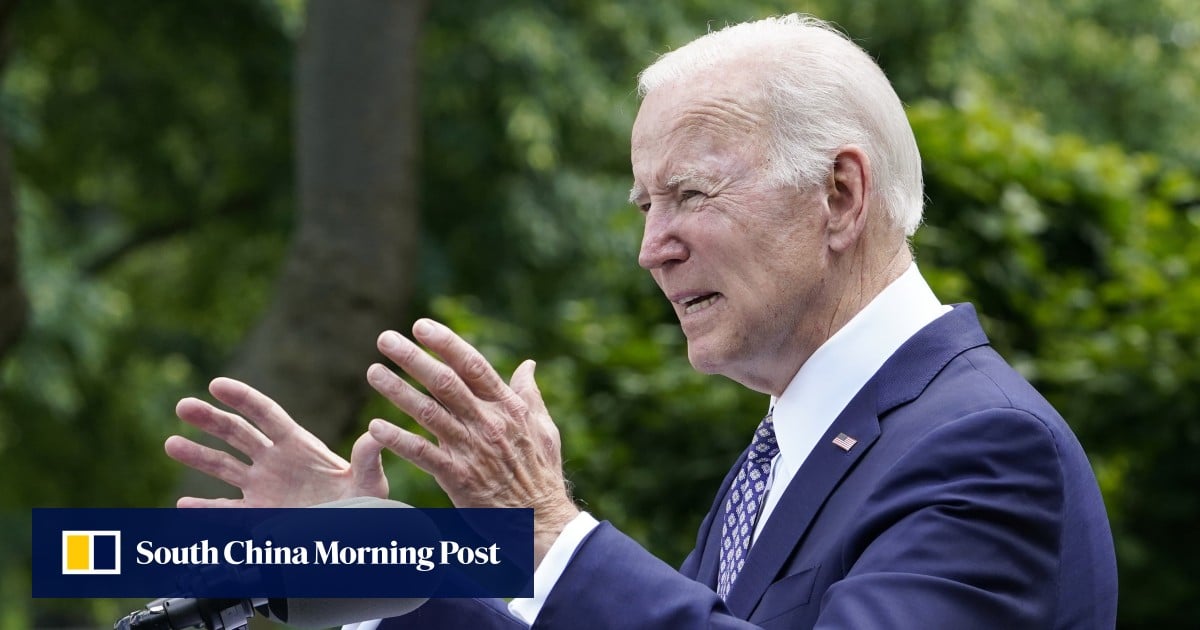

In addition to stating their goals for the next two years, the agencies outlined some of their ongoing work pertaining to the communities.
The Justice Department, which had come under fire for disproportionately targeting Asians in its programme addressing economic espionage from China, said it would improve data collection to tackle disparate access to its programmes and services.
The State Department noted that in August 2021 it released a messaging and nomenclature guide to American diplomats to clarify that US criticism of the Chinese government was not directed towards Chinese nationals, the Chinese diaspora or Chinese-Americans.
On January 11, an 18-year-old Asian Indiana University student was stabbed in the head several times while waiting for a bus in what officials described as a “racially motivated incident”.
Christine Chen, executive director of the Washington-based non-profit APIAVote, welcomed the strategy unveiling.
“We at APIAVote are especially encouraged to see that among the important issues covered in the report are the issues of addressing anti-Asian hate, prioritising data disaggregation and promoting language access,” she said in a statement on Tuesday.
The unveiling follows Biden’s executive order in May 2021 establishing the White House Initiative on AANHPI and a 25-member presidential advisory commission that advises on how public, private and non-profit sectors can work together to advance racial equity for the community.
Last week, days after the House of Representatives approved the establishment of a select committee on US-China competition, Asian-Americans pushed top Democrat Hakeem Jeffries to appoint someone from their community to serve as the lead Democrat on the panel.


